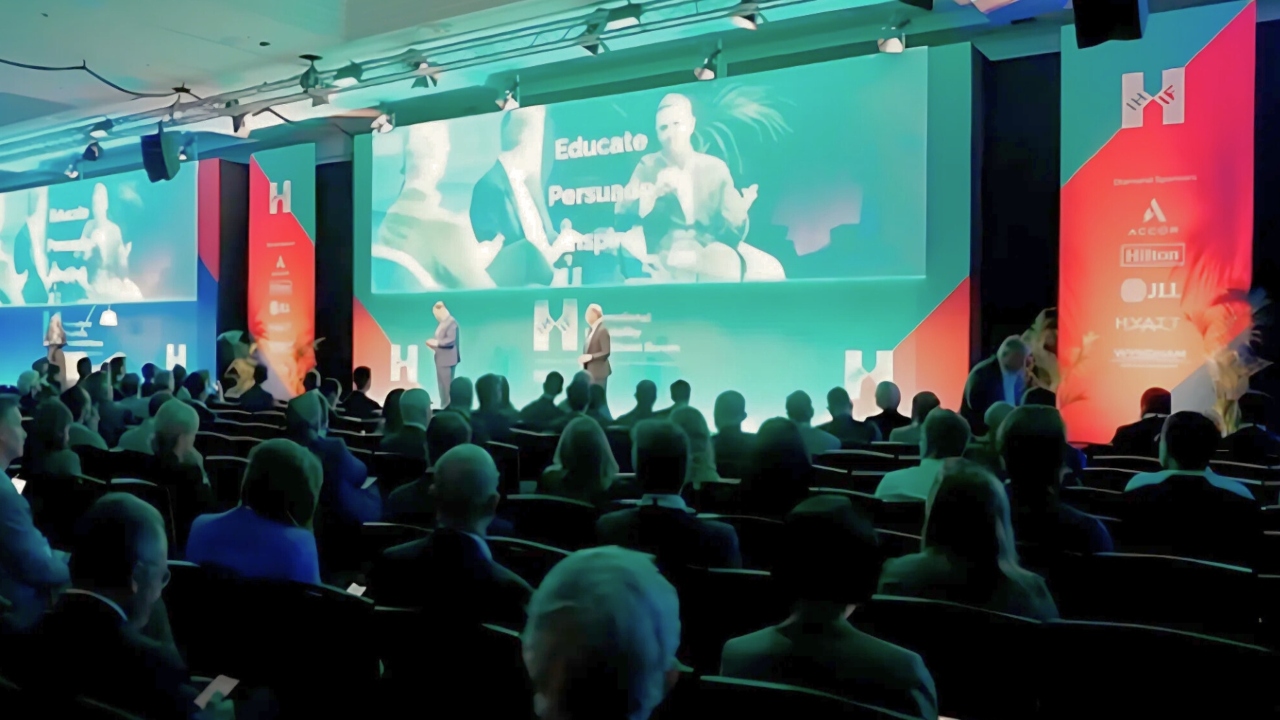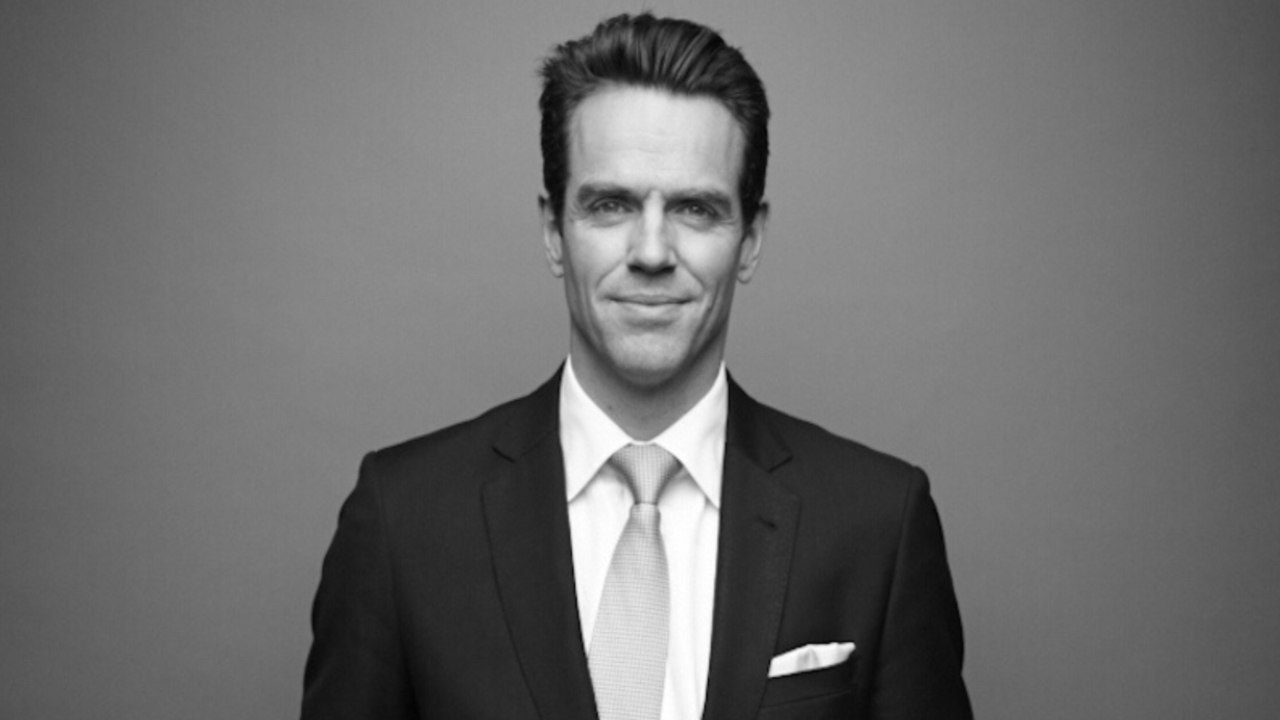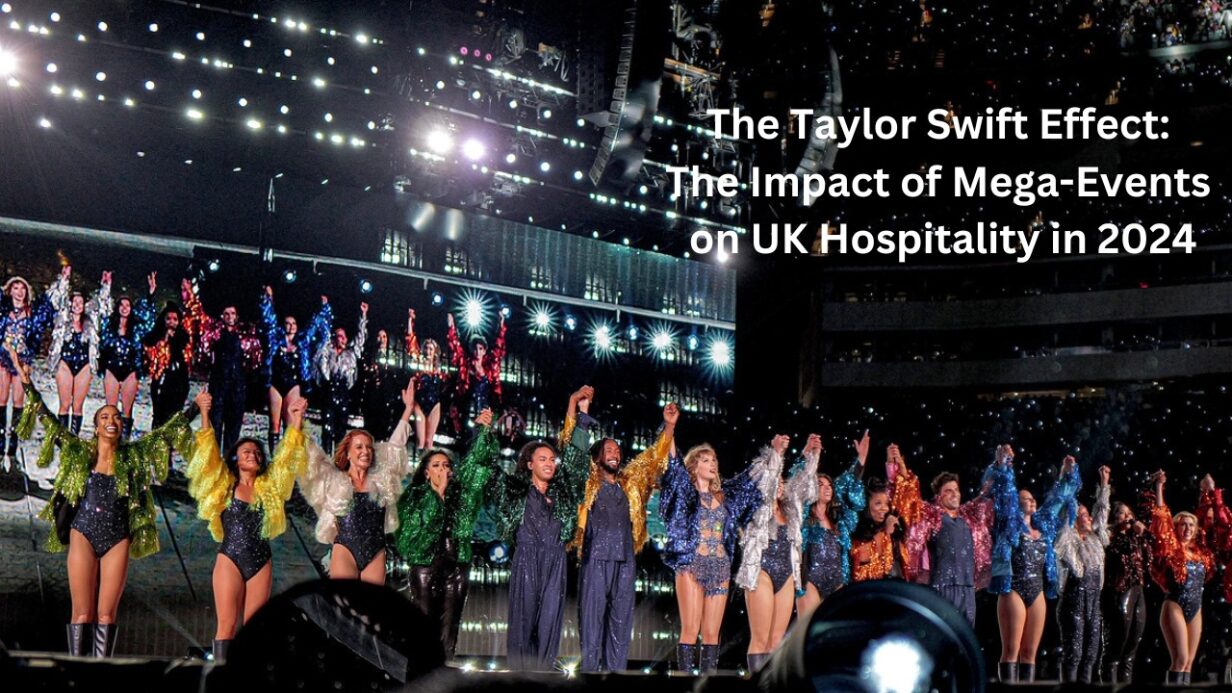The International Hospitality Investment Forum (IHIF) 2025 takes place in Berlin from 31st March to 2nd April. This year’s event promises another deep dive into the current investment landscape and both Guy Lean and Dan Akhtar are returning there once again to represent HPG, and they especially look forward to reconnecting with people and making new contacts at one of our favourite conferences.
This year’s key themes will focus on the ongoing economic shifts and their influence on hotel investment decisions, innovative financing solutions, the future of luxury and lifestyle brands, and how public-private partnerships impact the future of hospitality.
In this article, we have gathered insights from across the global hotel investment industry to provide an overview of the trends we think may dominate discussions at IHIF 2025 including; ongoing economic shifts and their influence on hotel investment decisions, innovative financing solutions, the future of luxury and lifestyle brands, and how public-private partnerships are impacting the future of hospitality. We hope that this will give you an insight into the current investment market, whether you are attending the conference or not.
To help you further prepare for IHIF, we also highly recommend the latest edition of the Hilltop Tracker which is released this week. The tracker is a detailed quarterly report focusing on real estate transactions in the hospitality sector that has been created by Tom Oakden of Hilltop Hospitality Advisors, in partnership with HPG. The link to request your copy is at the end of this article.
The Rise of Hotel Conversions
One of the most prominent themes at IHIF 2025 will be the ongoing rise of hotel conversions, a topic that aligns with the “Adaptive Reuse and Conversion” session on 1st April. As highlighted recently in Hotel Investment Today, the surge in conversions stems from rising construction costs, supply chain disruptions, and the expiration of brand-mandated Property Improvement Plans (PIPs) that were delayed during the pandemic. Michael Cummings of CBRE Hotels Advisory notes that many owners now face a choice between costly renovations and strategic brand changes.
Ben Rowe of KHP Capital Partners, whose portfolio includes significant conversion projects, points out that conversions have become a cost-efficient way to reposition assets and enhance ROI. Mehul Patel of NewcrestImage echoes this sentiment, emphasising that adaptive reuse is particularly attractive in the current economic climate. Sessions at IHIF 2025 will explore how these strategies are being implemented across Europe and the U.S.
Financing the Future
Securing funding remains a critical challenge in 2025. With traditional bank financing proving inconsistent, investors are increasingly looking towards multi-layered financial structures, including private equity and joint ventures. Notably, the IHIF session on “New Directions: Where is the Lending Market Headed Next?” on 1st April, will address the evolving landscape of financing options.
Rockbridge’s Matt Welch points out that while there is cautious optimism about lender activity, the bid-ask gap between buyers and sellers continues to create friction. Meanwhile, private equity players like NewcrestImage are leveraging creative funding solutions, including SBA loans and tax credits, to support conversions and renovations. These themes are expected to be a focal point during finance and investment sessions at IHIF 2025.
Luxury and Lifestyle
Luxury investments are set to take centre stage at IHIF 2025, with the session “The Luxury Equation: Aligning Concepts with Evolving Guest Expectations” scheduled for 1st April. As Hospitality Investor highlights, investors are increasingly drawn to high-barrier markets like Portugal and Greece, where luxury and lifestyle properties are thriving.
VIC Properties’ €1.7 billion luxury development in Comporta, Portugal, exemplifies this trend, offering bespoke villas and branded residences within a natural reserve. Similarly, Invel’s Mediterranean Hospitality Venture (MHV) is focusing on high-net-worth travellers with premium resort developments in Greece. The focus on guest-centric luxury experiences and the blending of high-end hospitality with local culture will be key discussion points at the event.
M&A and Market Volatility
Despite a challenging economic environment, mergers and acquisitions continue to offer opportunities for savvy investors. At the Hunter Hotel Conference, which took place in Atlanta, Georgia last week, industry leaders discussed how market volatility, while daunting, also creates potential for strategic acquisitions. IHIF’s session on “Sealing the Deal: Lessons Learned from Recent Transactions” will cover how investors are capitalising on distressed asset sales.
Greg Friedman of Peachtree Group highlighted that higher interest rates and debt maturities are pushing some owners to divest assets, while local buyers with access to financing are well-positioned to take advantage of undervalued properties. As the market normalises, stakeholders are optimistic that liquidity will improve, particularly in the extended-stay and select-service segments.
Public-Private Partnerships
As cities look to revitalise urban areas post-pandemic, public-private collaborations have become essential. Hospitality Investor notes how cities like Rome and Paris are leveraging major events and government support to enhance hospitality infrastructure. The session “Collaborative Development: Public-Private Synergy for Hospitality Growth” on 1st April at IHIF, will explore how stakeholders are working together to balance growth and sustainability.
Turkey stands out as another collaborative success story, with booming tourism driving investment in Istanbul, Antalya, and other key locations. Major brands such as IHG and Marriott are expanding their presence, driven by strong RevPAR growth and supportive economic policies.
Resilient Segments
According to Nobel Investment Group, select-service and extended-stay properties remain robust investment opportunities, driven by steady demand and lower operating costs. Based in the U.S., Noble has made significant strides in this segment, recognising the appeal of efficient, long-term accommodation amid economic uncertainty. The session “The Future of Extended-Stay and Select-Service Investments” at IHIF will delve into how these properties continue to perform well despite market turbulence.
What to expect at IHIF 2025
With a comprehensive agenda, a diverse range of speakers and an incredible opportunity to network with some influential industry people, IHIF 2025 looks set to once again serve as a vital platform for stakeholders to exchange ideas and forge new partnerships. From navigating the continuing economic volatility to leveraging the latest hospitality trends, the forum will provide actionable insights for investors, developers, and operators.
If you are attending IHIF 2025 and would like to discuss any of the above trends and their potential impact on your people strategy, Guy Lean ([email protected]) and Dan Akhtar ([email protected]) would love to connect and set up a chat in Berlin.
If you are interested in receiving a copy of The Hilltop Tracker straight to your inbox every quarter, please let us know by email here.









